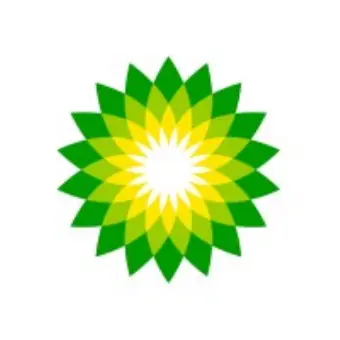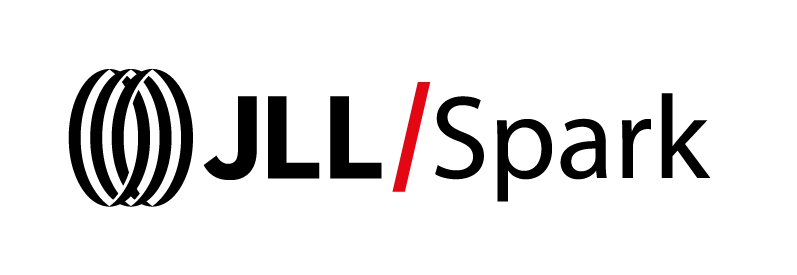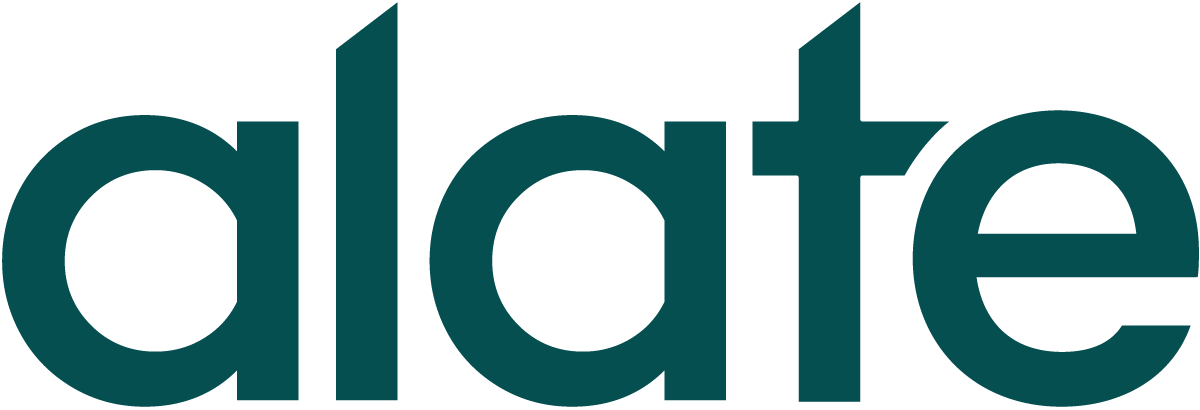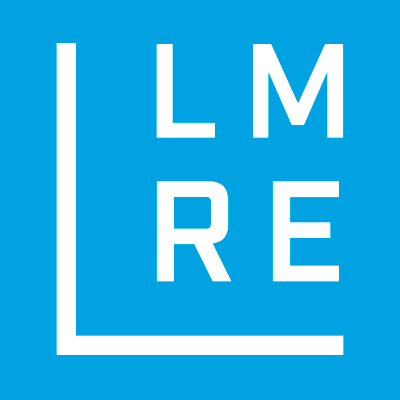Enterprise technology engineer

Bp
Entity:
Technology
Job Family Group:
Job Description:
Job Description
Endur Technology Engineers in the bp Disciplines Model
Experience- Endure Developer with 3+ years experience.
bp is reinventing itself and digital capability is at the core of this vision. As an Endur Technology Engineer you are an experienced Endur practitioner with a deep level of application and trading expertise. Endur Technology Engineers work within bp’s Gas and Power Trading division on the core trading and risk management platform, Endur. You will bring knowledge of commodity trading and the use of ERTM systems to handle this activity. You will be familiar with both the business application of these technologies and the broad concepts behind Agile technology delivery and DevOps.
bp operates a discipline-based organization and Endur Technology Engineers may be deployed to work in different areas of our business over time based your skills and experience and the business adoption of technology. With your technology specialist skills, you will bring transferable skills which will allow you to support immediate business demand, and to grow your skills over time.
KEY ACCOUNTABILITIES
· The safety of our people and our customers is our highest priority. The role will advocate and lead in this and promote a culture of security and safety in everything that we do.
· Work as part of evolving multi-disciplinary teams which may include Software Engineers, Enterprise Technology Engineers, Designers, SecOps, and Product owners to deliver value through the application of specialist skills
· Work with vendors and partners providing market solutions to optimize the usage and value which can be delivered from the appropriate technology platform
· Ensure operational integrity of what you build, assuring operational compliance with architectural and security standards, as well as compliance and policy controls refined by Strategy.
· Define and document standard run books and operating procedures. Build and maintain system information and architecture diagrams.
ESSENTIAL EDUCATION:
· Bachelor or master’s degree in computer science, engineering, information systems, economics or a numerate degree
ESSENTIAL EXPERIENCE AND JOB REQUIREMENTS:
At least 3 years of hands-on and confirmed experience in using, extending and problem solving in Endur.
· Confirmed familiarity with the overall Endur architecture and data model, including understanding of core simulation results and modules of Endur such as APM, Market Explorer, TPM, Connex and EOD Workflows.
· Experience of supporting end users’ day to day operations within a Trading or Financial organisation, demonstrating ability to translate business context/language into system deliverables to resolve issues.
· Depth in experience working in at least one area of Front/Mid/Back office or Operations.
· Escalating to and working with 2nd, 3rd line teams to ensure issues and problems are resolved in a timely manner.
· Experience working on at least one globally traded market, preferably physical commodities. · Strong business stakeholder communications.
Core Skills Expectations :
· Agile Core Practices - Understand and apply agile values and principles and core agility practices to the work of the team; including agile approach and focus on customer, product and team to generate value.
· Technical Specialism - The development and exploitation of expertise in any specific area of information or communications technology, technique, method, product or application area.
· Configuration management and release - The lifecycle planning, control and management of the assets of an organization (such as documentation, software and service assets, including information relating to those assets and their relationships. This involves identification, classification and specification of all configuration items (CIs) and the interfaces to other processes and data.
· Documentation and knowledge sharing - The systematic management of vital knowledge to bring value for the organization by assembling, sharing, developing and exploiting the collective knowledge of the organization to improve performance, support decision making and mitigate risks. The development of a supportive and collaborative knowledge sharing culture to drive the successful adoption of technology solutions for knowledge management. Providing access to informal, tacit knowledge as well as formal, documented, explicit knowledge by facilitating internal and external collaboration and communications.
· Information security - The selection, design, justification, implementation and operation of controls and management strategies to maintain the security, confidentiality, integrity, availability, accountability and relevant compliance of information systems with legislation, regulation and relevant standards.
· Metrics definition and Instrumentation - The development and operation of a measurement capability to support agreed organizational information needs. The planning, implementation, and control of activities to measure attributes of processes, products, and services in order to assess performance, progress, and provide indications and insights to actual or potential problems, issues, and risks.
· Service operations and resiliency - The ability to build and operate services and applications at scale with automation to maintain high levels of availability. To do this, a combination of activities are required from the initial design and sizing of the infrastructure, network, and constituent components to determine throughput (# of transactions/requests, users) through to service health metrics, monitoring, alarming, and remediation. Each of these areas will combine human effort (e.g., a human is paged) as well as automated steps and tools to reduce operational burden and overhead.
· Source control and code management - The practice of supervising and handling changes to code to help to resolve conflicts when merging contributions from multiple sources. This includes the use of guidelines such as using pull requests and trunk based development, running automated testing and static analysis pre-commit, and preventing build breaks through automation/rollbacks.
· Testing and Quality Assurance - Measure and maintain a high level of code quality from development through deployment to production. This includes automated and manual testing, including but not limited to: unit testing, static analysis, functional testing, UI testing, load testing, uncertainty testing. Testing should be done throughout the development lifecycle (agile) rather than being reserved to a specific achievement (waterfall).
· Coaching - Uses a blend of formal and informal coaching to build the capability of the team to ensure that performance delivery is sustainable in the longer term and the team are motivated to continue to develop their capabilities.
· Collaboration - The ability to collaborate with teams internally and externally to drive activities that support the wider bp strategy. Collaborative leaders enable and empower others to agree willingly to achieve positive results. They navigate a varied network of people, inside and outside of bp, to gain insight and ideas. They co-create through collective curiosity, communities and new collaboration tools to discover possibilities so that digital transformation and high performance can thrive at pace. They focus on being customer and user-centric.
· Facilitation - Facilitates learning, group activities and group discussions. Uses a range of techniques to guide group sessions to appropriate and useful outcomes, in a constructive and timely manner
· Mentoring - Provides a reciprocal and collaborative at-will relationship for the purpose of the mentee’s growth, learning, and career development. Often there is an emphasis on organizational goals, culture, career goals, advice on professional development, and work-life balance.
What you can expect from us!
Our commitment to diversity, equity and inclusion:
At bp, you could be part of Business Resource Groups (BRGs) which believe in the power of inclusion, deeper connections, and shared experiences. They provide a place for employees to learn and share knowledge, to connect, and to improve. The BRGs focus on and encourage talent engagement, development, and retention while creating a broadened sense of community and inclusion for bp employees. The groups cultivate leadership growth by involving employees in developmental opportunities they would not otherwise have access to. Formal and informal mentoring also helps employees develop their professional goals and connect with colleagues. The BRGs’ dedication to growth at all levels helps employees feel more engaged and energized. The BRGs break down barriers, so we can all do better together. Examples of BRGs include (but are not limited to):
bpWIN (bp Women’s International Network)
Pride
Working parents
PEN (Positively Ethnic Network)
bpInclusia (bp’s Asian community)
bpEnergía (bp’s Latin community)
Travel Requirement
Relocation Assistance:
Remote Type:
Skills:
Legal Disclaimer:
We are an equal opportunity employer and value diversity at our company. We do not discriminate on the basis of race, religion, color, national origin, sex, gender, gender expression, sexual orientation, age, marital status, socioeconomic status, neurodiversity/neurocognitive functioning, veteran status or disability status. Individuals with an accessibility need may request an adjustment/accommodation related to bp’s recruiting process (e.g., accessing the job application, completing required assessments, participating in telephone screenings or interviews, etc.). If you would like to request an adjustment/accommodation related to the recruitment process, please contact us.
If you are selected for a position and depending upon your role, your employment may be contingent upon adherence to local policy. This may include pre-placement drug screening, medical review of physical fitness for the role, and background checks.




